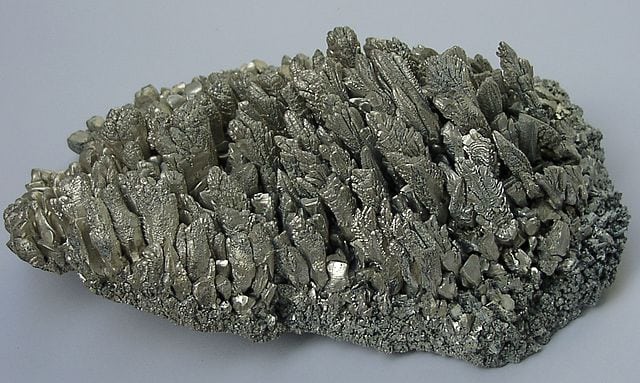Magnesium is a vital nutrient responsible for many metabolic functions. In addition, it helps to transport calcium and potassium ions in the body, contributing to nerve impulses for muscle contraction and normal heart rhythm. Also, magnesium plays an important role in bone health.
 Magnesium is found in salmon, nuts, veggies like spinach and broccoli, beans, whole grains, and fortified foods and cereals. Also, processed foods may contribute towards lowering magnesium content in the diet.
Magnesium is found in salmon, nuts, veggies like spinach and broccoli, beans, whole grains, and fortified foods and cereals. Also, processed foods may contribute towards lowering magnesium content in the diet.
For more information on vitamins, nutrients, or minerals, visit our Vitamins and Deficiencies blog.
Why Supplement?
Magnesium can be helpful in many ways. Supplementing with magnesium has shown to improve kids’ mood and sleep. In addition, it helps them to remain calm and balanced. It is also used to improve bowel function and regularity. Many parents find that providing their child with a chewable or water-soluble powder can help decrease certain symptoms and behaviors. Furthermore, supplementing with magnesium may help to decrease issues related to sleep, hyperactivity, restlessness, and constipation.
Magnesium Deficiency
First of all, magnesium deficiency is not common in healthy children who eat balanced meals. If you are providing a healthy, balanced diet for your child(ren), they are likely not deficient. Because of metabolic complications, kids at a higher risk of deficiency include kids with gastrointestinal disease or type 2 diabetes. Magnesium deficiency can also be caused by stress and extreme exercise.
Deficiency Symptoms
- Loss of appetite
- Nausea/vomiting
- Irritability
- Fatigue/weakness
- Body cramps/growing pains
- Anxiety
- Constipation
Toxicity
Magnesium toxicity is not common in healthy individuals. The kidneys will expel any extra magnesium in urine. However, it is still possible to overdose. Often, people who have taken too much magnesium will experience diarrhea as the body gets rid of the excess. In addition, people at a higher risk of toxicity include those whose kidneys don’t function well. Toxicity in children is usually due to kids accidentally eating prenatal vitamins or adult supplements.
Symptoms of Magnesium Toxicity
- Diarrhea
- Nausea/vomiting
- Hypotension
- Flushed face
- Lethargy/weakness
- Difficulty breathing
- Heart problems
Vitamins
Keep all adult medications and vitamins far out of reach of children. Do not leave pill bottles out or open, and store them way above kids’ reach. It is also important to remember that diet supplements are not tested and regulated like prescription drug products. Problems with safety, contamination, and quality are common with these products, even if purchased from a reliable source. Visit the Growing Healthy Together Fullscript page for a look at the vitamin and mineral supplements that we prefer.
Finally, it can be hard to include the right balance of vitamins your kids need through food alone. Therefore, it’s always important to provide good, balanced meals for your little ones. Because of dietary differences, families who are vegetarian or vegan may need to rely on supplements for some of the vitamins found in meat and/or dairy. Additionally, if your child has bad eating habits, they may require supplements.
For those interested in the minimum RDA (Recommended Dietary Allowances), refer to the National Institutes of Health Nutrient Recommendations.
Also, if you are unsure about your vitamin/mineral levels, a lab test can identify if you or your child are deficient. If you choose to provide nutrients in the form of supplements, it is still important to maintain good health in other ways. And, as always, keep all supplements out of reach of children.
And for a more in-depth look at deficiency and toxicity, check back in on our blog series, including the following:
- Vitamin A
- B Vitamins
- Vitamin C
- Calcium and Vitamin D
- Vitamin E
- Iodine
- Iron
- Vitamin K
- Magnesium
- Omega-3 Fatty Acids
- Zinc
Finally, for questions or concerns, please respond to this blog or contact us.




